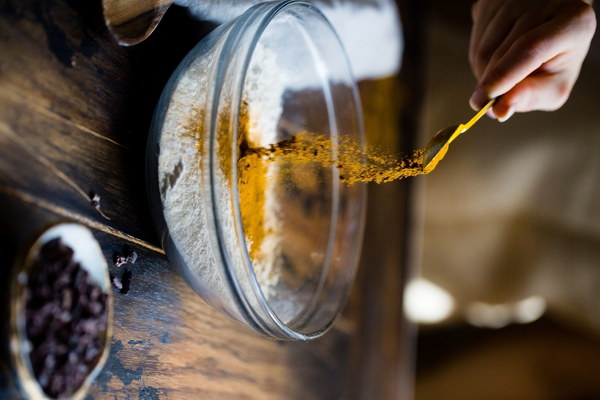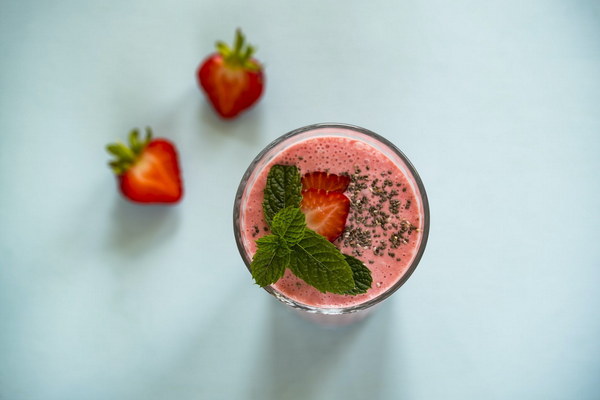Can You Drink Moisture-Relieving Tea After Your Period
After a long and often uncomfortable menstrual cycle, many women are eager to indulge in their favorite teas to soothe their bodies and minds. However, one question that often arises is whether it's safe to consume moisture-relieving tea after your period has ended. In this article, we will explore the benefits and potential drawbacks of drinking moisture-relieving tea post-menstruation, providing you with the information you need to make an informed decision.
Firstly, let's understand what moisture-relieving tea is and how it works. Moisture-relieving tea, also known as diuretic tea, is a herbal tea that contains natural ingredients that help the body eliminate excess fluid and reduce swelling. Common ingredients found in moisture-relieving teas include dandelion root, juniper berries, and uva ursi.
During your menstrual cycle, your body undergoes several physiological changes, including an increase in fluid retention. This is partly due to the hormonal fluctuations that occur during this time. As a result, many women experience bloating, breast tenderness, and a general feeling of discomfort. After your period ends, it's common for some of this fluid retention to persist, leading to the question of whether moisture-relieving tea can help alleviate these symptoms.
The benefits of drinking moisture-relieving tea post-menstruation include:
1. Reduced bloating: By promoting diuresis, moisture-relieving tea can help your body eliminate excess fluid, thereby reducing bloating and the associated discomfort.
2. Improved digestion: Some moisture-relieving teas contain ingredients that aid in digestion, which can be beneficial for women who experience digestive issues during their menstrual cycle.
3. Enhanced mood: Drinking a warm, soothing cup of tea can help improve your mood and provide a sense of relaxation after a challenging period.
However, there are also potential drawbacks to consider when drinking moisture-relieving tea after your period:
1. Dehydration: While moisture-relieving tea promotes diuresis, it's important to ensure you're staying hydrated throughout the day. Excessive consumption of diuretic tea can lead to dehydration, which can cause other health issues.
2. Nutrient depletion: Some moisture-relieving teas may contain ingredients that can deplete certain nutrients from your body, such as potassium. It's essential to balance your diet and consider supplementing with essential nutrients if needed.

3. Side effects: Certain individuals may experience side effects from drinking moisture-relieving tea, such as nausea, stomach cramps, or increased urination. If you experience any adverse reactions, it's best to consult a healthcare professional.
In conclusion, drinking moisture-relieving tea after your period can offer several benefits, such as reduced bloating and improved digestion. However, it's crucial to be mindful of potential drawbacks, such as dehydration and nutrient depletion. To ensure the safety and effectiveness of moisture-relieving tea, consider the following tips:
1. Limit your consumption: While it's okay to enjoy a cup of moisture-relieving tea after your period, avoid excessive consumption to prevent dehydration and other side effects.
2. Stay hydrated: Drink plenty of water throughout the day to support your body's natural diuretic processes and maintain proper hydration.
3. Balance your diet: Incorporate a variety of nutrient-rich foods into your diet to support your body's needs and counteract any potential nutrient depletion caused by diuretic tea.
4. Consult a healthcare professional: If you have any concerns or pre-existing health conditions, it's always best to consult a healthcare professional before starting a new tea regimen.
By considering these factors, you can make an informed decision about whether or not to drink moisture-relieving tea after your period and enjoy its potential benefits without compromising your health.









